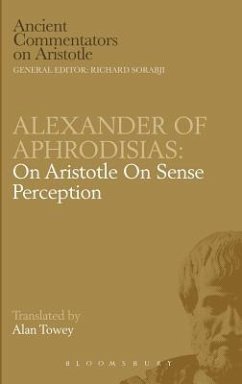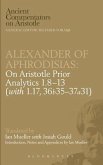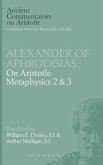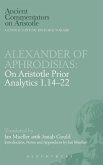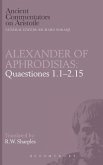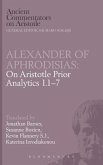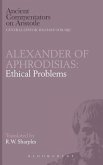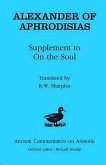In his work On Sense Perception, Aristotle discusses the material conditions of perception, starting with the sense organs and moving to the material basis of colour, flavour and odour. His Pythagorean account of hues as a ratio of dark to light was enthusiastically endorsed by Goethe against Newton as being true to the painter's experience. Aristotle finishes with three problems about continuity. First, in what sense are indefinitely small colour patches or colour variations perceptible? Secondly, which perceptible leap discontinuously like light to fill a whole space, which have to reach one point before another; and do observers of the latter perceive the same thing if they are at different distances? Thirdly, how does the central sense permit genuinely simultaneous, rather than staggered, perception of different objects? Alexander's highly explanatory commentary is most expansive on these problems of continuity. His battery of objections to vision involving travel, which would lead to collisions and interference by winds, inspired a tradition of grading the five senses in respect of degrees of immateriality and of intentionality. He also introduces us to paradoxes of Diodorus Cronus about the relations of the smallest perceptible to the largest perceptible size.

